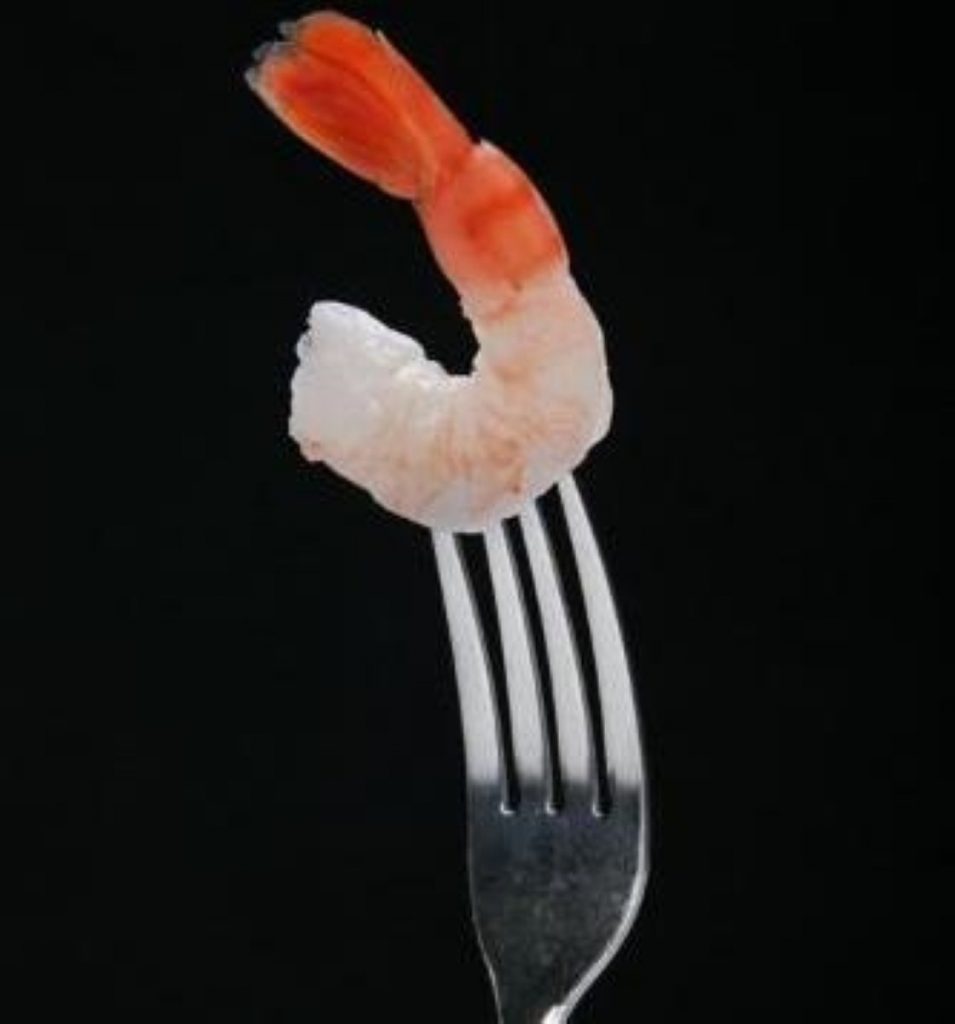EU fisheries policy costs UK families £297 each
By Laura Miller
Average British families are paying £297 more a year in food and tax bills due to EU fisheries policy, claims a report published today.
The report by TaxPayers’ Alliance (TPA) and eurosceptic campaign group Global Vision UK (GV), claims the Common Fisheries Policy (CFP) costs the UK £7.5 billion each year in higher food prices, taxes and lost business.
It also estimates membership of the CFP has caused the loss of 97,000 British jobs – 88 in on-shore dependent industries for every one lost in fishing.


Nick Herbert, shadow environment secretary, supported the report’s findings.
“This report highlights the urgent need to reform fisheries policy and reconnect it with the national and environmental interest,” Mr Herbett said.
The government must deliver “sustainable fisheries, value for money and a viable future for our fishing industry….[and] end the obscene practice of dumping dead fish back into the sea,” he said, referring to claims in the report that 880,000 tonnes of dead fish are dumped into the North Sea every year.
But Richard Laming, secretary of European Movement, a UK-based pro-European campaigning organisation, agued the measures Mr Herbertt and anti-CFP campaigners describe are not all possible at the same time.
“Advances in technology inevitably replace workers, which saves the industry money but increases unemployment. This is not the fault of the CFP. The only way to increase the number of jobs is to raise industry costs by not using technology,” Mr Laming told politics.co.uk.
On sustainability, Mr Laming said those wanting to leave the CFP sought to avoid the policies quota system, increasing catches to replace jobs and wages lost through technology, but at further cost to the fragile underwater environment.
“We can’t have it all, and in terms of the environment, leaving the CFP will actually make the situation worse,” he said.
However Mr Laming argued there is room to reform the CFP.
He called for investigations into the accuracy of the science used to count fish stocks, and more sophistication in the in-land counting process so fish caught accidentally could be brought on shore, rather than dumped overboard.
The 26-year-old CFP underwent reforms in 2002. Changes included taking a “long-term approach” to fishing to conserve fish stocks, measures to reduce EU fleets to prevent over-fishing, a more uniform way of dealing with rule-breakers, and encouraging greater involvement between fishermen and scientists via intermediate “regional advisory boards”.












